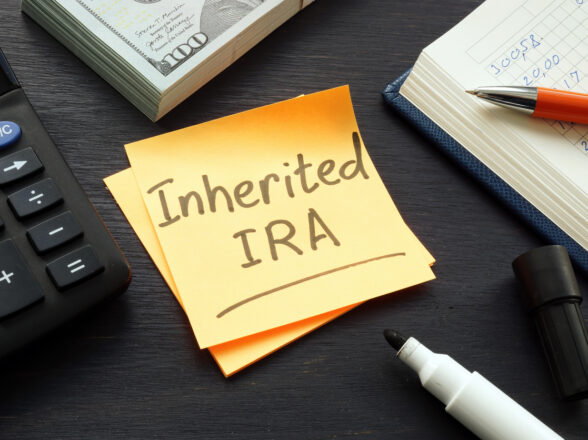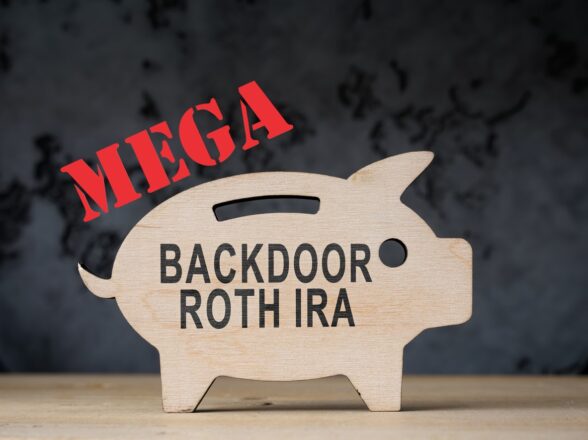Blog
Important Considerations Regarding Taxes & Gifting

The Tax Cuts and Jobs Act (TCJA) has introduced substantial changes that savvy clients need to consider for gifting and charitable giving, particularly as we approach the potential expiration of certain TCJA provisions.
One of the most notable changes is the increase in the deduction limit for cash gifts to public charities, now set at 60% of Adjusted Gross Income (AGI). This represents a significant opportunity for high-net-worth individuals to maximize their charitable impact while optimizing their tax strategy.
However, to truly leverage these changes, clients need a comprehensive understanding of their financial landscape. Ideally, they should be aware of the current after-tax value of their income, assets, and estate. More importantly, they should be able to compare these values before and after a potential TCJA sunset.
One of the most common tax planning oversights we encounter is individuals making cash donations to charities while simultaneously incurring capital gains taxes on stock sales. This approach is far from optimal and can significantly impact your overall tax efficiency. Instead, we strongly advocate for a more strategic method: gifting long-term, highly appreciated securities to fund your charitable activities.
This approach offers two substantial benefits. First, you receive an immediate, full fair-market value deduction for your charitable contribution. Second, and perhaps more crucially, you’re exempted from capital gains taxes on the donated amounts. This dual advantage can lead to considerable tax savings, effectively maximizing the impact of your charitable intentions.
Furthermore, we recommend “bunching” your charitable gifts. This strategy involves consolidating multiple years’ worth of planned donations into a single tax year. By doing so, you may be able to surpass the standard deduction threshold, potentially qualifying for a larger charitable deduction and further optimizing your tax situation.
Savvy investors are always on the lookout for strategies that can maximize their returns while minimizing tax liabilities. One such powerful tool is the Qualified Opportunity Fund (QOF), which offers an enticing proposition for those looking to reinvest capital gains from asset sales. By investing in a QOF, you can defer paying taxes on those gains until December 31, 2026 if you hold onto the investment for ten years or more– giving your money more time to grow. If you hold your QOF investment for a decade or longer, you can potentially eliminate capital gains taxes on that investment entirely. This strategy allows you to transform a tax burden into a wealth-building opportunity.
For those with philanthropic inclinations, there’s another tax-savvy approach worth considering. Donating certain long-term appreciated assets to select charities can yield multiple benefits. Not only can you claim a deduction based on the full fair market value (FMV) of the donated asset, but you can also sidestep paying capital gains tax on the asset’s unrealized appreciation. This dual advantage allows you to support causes you care about while simultaneously optimizing your tax position. It’s a win-win situation that aligns your financial goals with your charitable aspirations.
By implementing these strategies, you’re not only supporting the causes you care about but also making your philanthropy work harder for you from a tax perspective. It’s a win-win situation that aligns your charitable goals with smart financial planning.


































































































